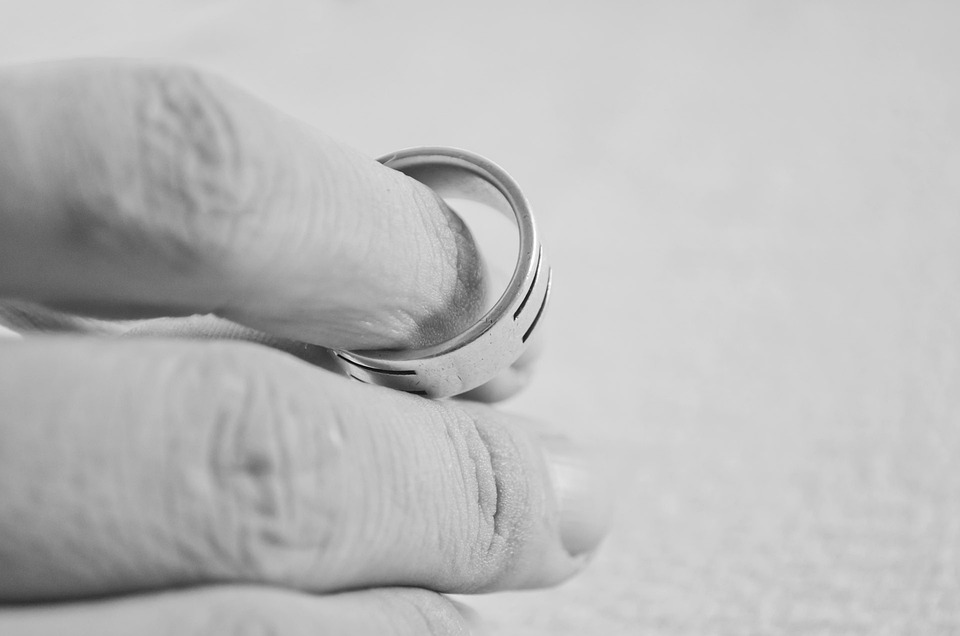Are you considering a DIY divorce but not sure where to start? With the rising costs of hiring a lawyer, many people are opting to handle their divorce proceedings themselves. While it may seem daunting, a DIY divorce is entirely possible if you follow the right steps. In this article, we will provide you with valuable tips and insights on how to navigate the process of a DIY divorce successfully.
Understanding the Process
Before diving into a DIY divorce, it’s essential to understand the process involved. A divorce typically involves several steps, including filing the necessary paperwork, negotiating a settlement, and attending court hearings. By familiarizing yourself with the process, you can ensure that you are prepared for what lies ahead.
Gathering Documentation
One of the most critical aspects of a DIY divorce is gathering all the necessary documentation. This includes financial records, property deeds, and any other relevant information. Having all your documents in order will help streamline the process and prevent any delays.
Seeking Mediation
If you and your spouse are on amicable terms, consider seeking mediation as a way to resolve any disputes. A mediator can help facilitate communication and assist in reaching a mutually acceptable agreement. This can save you time and money compared to going through a lengthy court battle.
Consulting with a Legal Professional
While you may be handling your divorce yourself, it’s still a good idea to consult with a legal professional. A lawyer can provide you with valuable advice and guidance throughout the process, ensuring that you are following all the necessary steps correctly.
Finalizing the Divorce
Once you have completed all the necessary paperwork and negotiations, it’s time to finalize the divorce. This typically involves attending a court hearing where a judge will review your case and issue a final decree. By following all the steps correctly, you can ensure a smooth and successful outcome.
Frequently Asked Questions:
Question: Can I file for a DIY divorce if my spouse doesn’t agree?
Answer: Yes, you can still file for a DIY divorce even if your spouse doesn’t agree. However, the process may be more complicated, and it’s essential to seek legal advice to navigate any potential challenges.
Question: How long does a DIY divorce take to complete?
Answer: The timeline for a DIY divorce can vary depending on the complexity of your case and how quickly you can gather all the necessary documentation. On average, a DIY divorce can take anywhere from a few months to a year to complete.
Question: Do I need to attend court hearings for a DIY divorce?
Answer: In most cases, you will need to attend at least one court hearing to finalize your DIY divorce. However, this will depend on the specific requirements in your state.
Question: Can I modify the terms of my DIY divorce after it’s finalized?
Answer: Once a DIY divorce is finalized, modifying the terms can be challenging. It’s essential to ensure that all agreements are clear and well-documented before finalizing the divorce.
Question: What are the benefits of a DIY divorce compared to hiring a lawyer?
Answer: A DIY divorce can be more cost-effective and give you more control over the process compared to hiring a lawyer. However, it’s crucial to weigh the pros and cons and determine what is best for your specific situation.
Common Misconceptions:
Misconception: DIY divorces are only suitable for couples with no assets or children.
Correction: While DIY divorces may be more straightforward in cases with fewer assets or children, they can still be a viable option for couples with more complex situations. With proper planning and guidance, a DIY divorce can work for a variety of circumstances.
Misconception: DIY divorces always end in lengthy court battles.
Correction: While some DIY divorces may end up in court, many can be resolved through negotiation and mediation. By approaching the process with an open mind and a willingness to cooperate, you can often avoid a lengthy court battle.
Misconception: DIY divorces are only for couples who are on good terms.
Correction: While an amicable relationship can make the process easier, it is still possible to pursue a DIY divorce even if you and your spouse are not on good terms. Seeking legal advice and guidance can help you navigate any challenges that may arise.
Misconception: DIY divorces are not legally binding.
Correction: A DIY divorce is just as legally binding as a divorce handled by a lawyer. As long as you follow all the necessary steps and requirements, your DIY divorce will be recognized by the court.
#DIY #divorce



